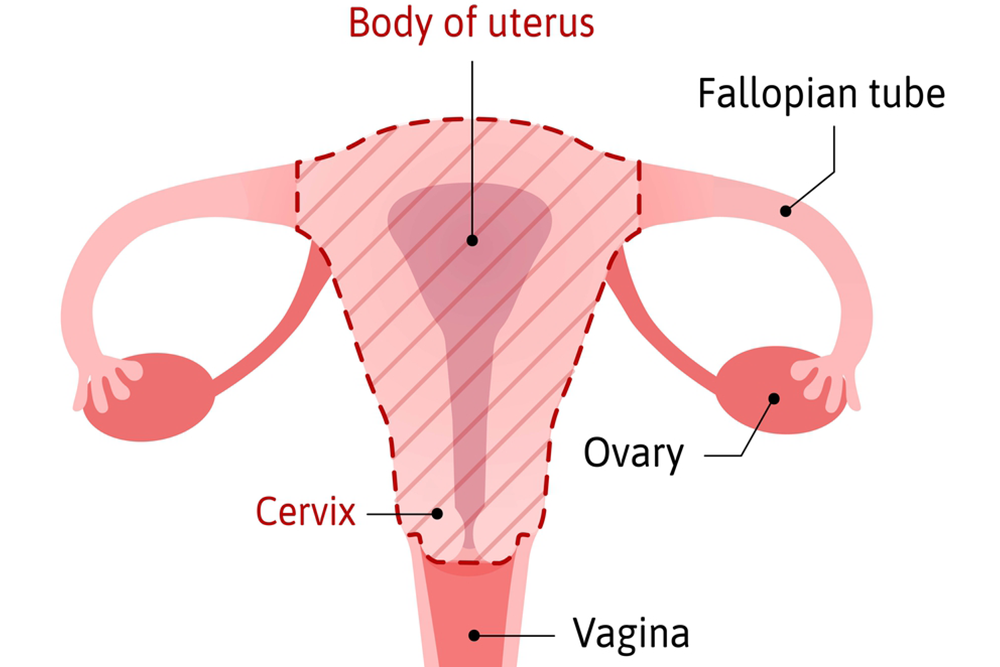
Understanding Your Mammogram Results
Interpreting mammogram results can be an emotional and confusing process for many women. These results...
Read MoreHave you been diagnosed with heavy menstrual bleeding, also called menorrhagia? Your doctor may have recommended endometrial ablation, a minimally invasive surgery that destroys the lining of your uterus and puts an end to painful, heavy periods.
Endometrial ablation can be an effective treatment for heavy periods. Up to 70% of women who get ablation notice a significant reduction in menstrual bleeding. For another 10%, menstrual bleeding stops completely.
However, there’s one significant drawback to the procedure. Having endometrial ablation makes it very unlikely that you’ll get pregnant in the future.
If you have menorrhagia but want the option to have a baby in the future, you might feel like you’re out of options. Our team at The Women's Center is here to help. We specialize in treating heavy periods, no matter your goals for your future family.
Every woman’s menstrual cycle is different, but some symptoms aren’t normal. Periods lasting longer than seven days, passing blood clots larger than a quarter, and soaking pads or tampons within an hour are all signs that your period may be heavier than normal.
If these symptoms sound familiar, you could benefit from menorrhagia treatment. At The Women’s Center, we offer a range of treatment options for women who may not want to get pregnant right now, but who want to have the option later on.
Hormonal birth control, or contraception, helps regulate your menstrual cycle and it can improve symptoms of heavy periods. Our team offers a range of options for women, including:
Hormonal birth control can reduce the severity and duration of your menstrual periods, making it an effective alternative to ablation for some women. Most types of hormonal birth control can be stopped at any time if you decide you want to get pregnant.
Progesterone is a female hormone that influences your menstrual cycle. Whether or not you choose hormonal birth control, hormone therapy with progesterone may also help treat symptoms of menorrhagia by correcting hormonal imbalance.
Nonsteroidal anti-inflammatory drugs (NSAIDs) can relieve heavy bleeding and other painful symptoms that come with your period. Another medication, tranexamic acid, can also reduce heavy bleeding.
Hormonal birth control and other treatment options can effectively reduce heavy menstrual bleeding and related symptoms. If you hope to get pregnant in the future, our team typically begins by recommending a combination of these treatments.
We work with you to optimize your treatment plan over time. We can adjust your medication as needed, particularly if you decide it’s time to grow your family.
There are several nonsurgical options to try if you have menorrhagia. However, these treatments may not be the best choice for every woman.
If you have heavy menstrual bleeding and you’re confident that you don’t want to get pregnant in the future, ablation may be a safe and effective option. Our team may also recommend ablation for women who have very severe symptoms that aren’t relieved with nonsurgical methods, even if the women hope to get pregnant later.
We understand that your fertility is highly personal, and our team is available to answer any questions you have about family planning and treatment options for menorrhagia.
A menorrhagia diagnosis doesn’t automatically mean your hopes of getting pregnant in the future are gone. Contact our team at The Women’s Center at any of our Orlando, Florida-area locations to learn more about nonsurgical care for heavy bleeding and find out when ablation may be the right option for you.




Interpreting mammogram results can be an emotional and confusing process for many women. These results...
Read More
Hysterectomy, a surgical procedure involving the removal of the uterus, is often considered a last...
Read More
Menopause marks a significant transition in a woman's life, bringing about various changes that can...
Read More